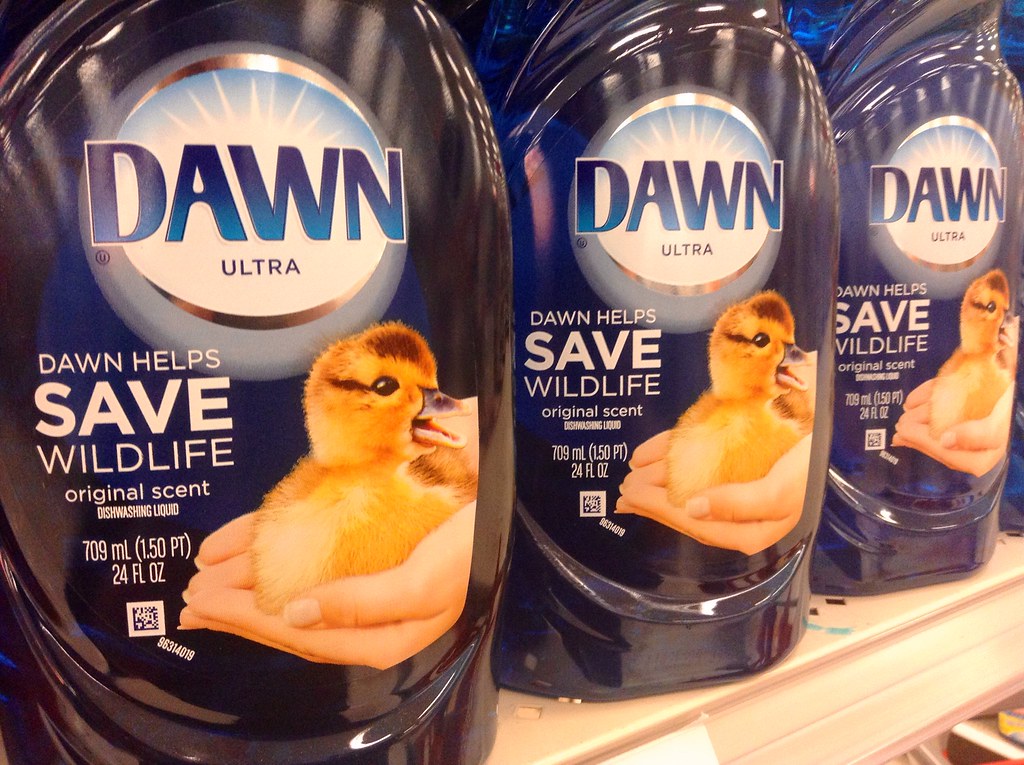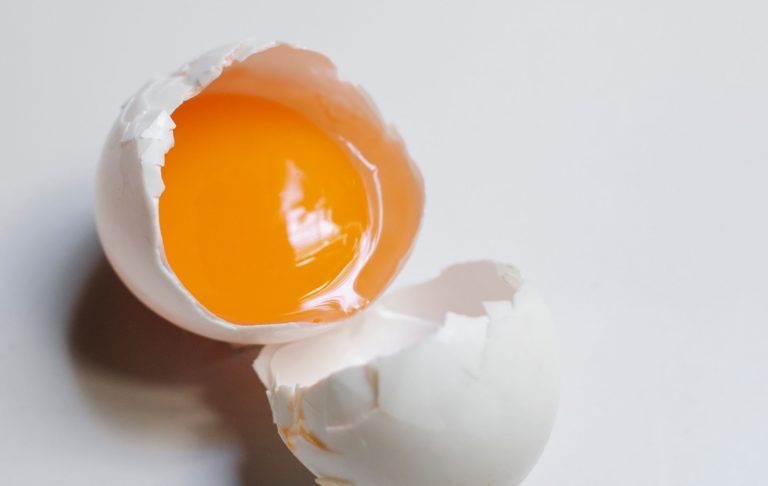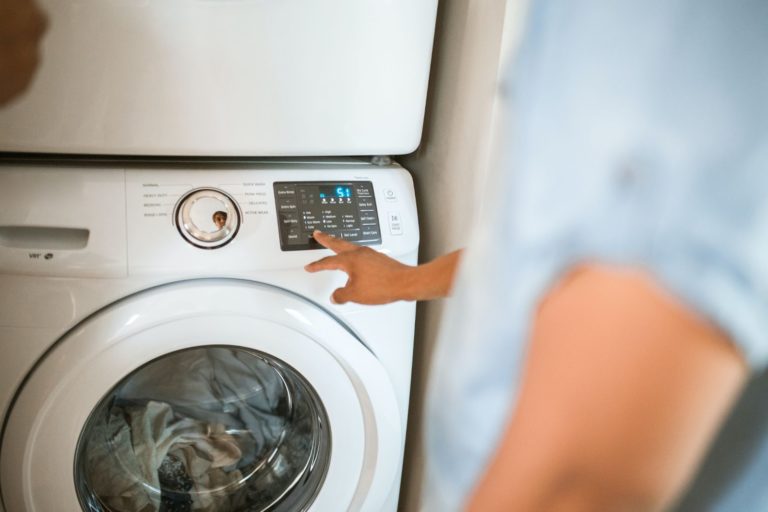Is Dawn Dish Soap Biodegradable?

If you have ever wondered whether or not Dawn dish soap is biodegradable, you are not alone. Many people are curious about this topic, and it is important to know the answer in order to make the best decision for the environment.
Dawn dish soap is one of the most popular dish soaps on the market. It is known for its ability to cut through grease and get your dishes clean. Dawn Dish Soap is available in both liquid and powder form.
The liquid form is great for use in your dishwasher, while the powder form is perfect for hand washing your dishes. Dawn dish soap is also gentle on your hands, making it a good choice for those with sensitive skin.
But what exactly is Dawn dish soap?
Dawn dish soap is made from natural and synthetic ingredients, including plant-based surfactants. These surfactants are what give Dawn dish soap its grease-cutting power. Dawn dish soap also contains natural enzymes that help to break down food and other residues that can be left behind on your dishes
Dishwashing liquid with the brand name “Dawn” is a detergent that consists of several different chemicals (both natural and synthetic). Among these are:
- Sodium Laureth Sulfate
- Sodium Lauryl Sulfate
- Sodium Chloride
- Phenoxyethanol
- Denatured alcohol
- Lauramine Oxide
- PPG 26
- Methylisothiazolinone
Dishwashing detergents made by companies that care about the environment tend to use all-natural components. Some are made by blending natural and synthetic materials. This leaves the ecologically friendly issue uncertain, but it all comes down to your decisions.
Is Dawn Dish Soap Biodegradable?
It decomposes in 90% of the normal time. In fact, there is not even a trace of phosphates in Dawn dish soap.
Because of this, dawn soap is typically the product of choice when it comes to cleaning wildlife. In the event of an oil spill, Dawn soap can be used to clean up grease without causing any irritation to the skin of the animal or the person.
As a result, dawn soap includes glycerin, in addition to a number of other oils, water, and soils.
Detergents made from natural materials like these are guaranteed to be non-hazardous. Microbes are responsible for breaking down the components. If you put the detergents on your compost heap, the soap will eventually be broken down into compost by the bacteria and worms there.
Is Dawn Dish Soap environment friendly?
It’s a valid question, especially since we all use dish soap to clean our dishes (and sometimes even our hands!) on a regular basis.
Unfortunately, the answer is not as simple as a yes or no. It all depends on the ingredients. According to the Environmental Working Group, Dawn dish soap got a grade ‘D’ because it contains methylisothiazolinone.
This is a major concern to eco-conscious users as it is toxic. Some concerns include allergies, skin irritation, and damage to septic systems. Again, it contains 1,4-dioxane, which can contaminate groundwater.
Be sure not to use it every time you’re cleaning your dishes. Remember, most of us drink and eat from dishes cleaned by soap. If the ingredients in soap aren’t safe, we will get sick.
The good news is that Dawn dish soap does not contain any allergens and, to be specific, phosphates. Dawn also says it doesn’t include phthalates and triclosan in its detergents.
So, the next time you’re wondering if a product is eco-friendly, be sure to check the ingredients list. And, as always, use your best judgment!
Is Dawn Dish Soap Bad For Soil?
Dish detergent containing Dawn is relatively risk-free for the ground.
It is a significantly more effective replacement for the insecticidal detergents available for purchase in stores, which are typically what we use to get rid of pests like mites and aphids.
If those abrasive substances are allowed to remain in the soil, they will eventually become toxic and could even cause your plants to die.
It is recommended that the dawn brand dish detergents, even their natural variants, be avoided at all costs.
Instead of using insecticides, you should try killing them with organic pure castile soap because it is not only natural but also quite effective.
Is Dawn Dish Soap Safe?
Dawn dish soap is highly hazardous due to the presence of some synthetic components in it.
- One such chemical is methylisothiazolinone, which has been shown to be hazardous to aquatic life.
- It’s also been linked to damage to nerves and the liver.
- Additionally, 1,4-dioxane, aroma, and colors are all components of the dawn dish.
- These are all pollutants that can be found in groundwater.
Uses for Dawn Dish Soap
- Clean your windows and furniture.
- Clean the pool
- Car tools need to be cleaned.
- Keep bugs away and kill them
- Cleans clothes that have oil-based stains.
- Cleaning out toilets
- Cleaner showers and tubs
Conclusion
Dish soaps are one of the most commonly used household cleaning products. They are effective at cutting through grease and grime, making them ideal for washing dishes, pots, and pans. However, dish soaps can also be harmful to the environment if they are not used properly.
Most dish soaps contain chemicals, such as dyes, fragrances, phosphates, and scents, that can be harmful to the environment.
These chemicals can pollute waterways and cause algae blooms. Additionally, many dish soaps are not biodegradable, so they can accumulate in landfills.
To protect the environment, it is important to use dish soaps responsibly. Make sure to check the ingredients list on the packaging to see what chemicals are contained in the soap.
If possible, choose a dish soap that is free of harmful chemicals. Additionally, be sure to dispose of dish soaps properly. Do not dump them directly into rivers, gardens, streams, or lakes.





